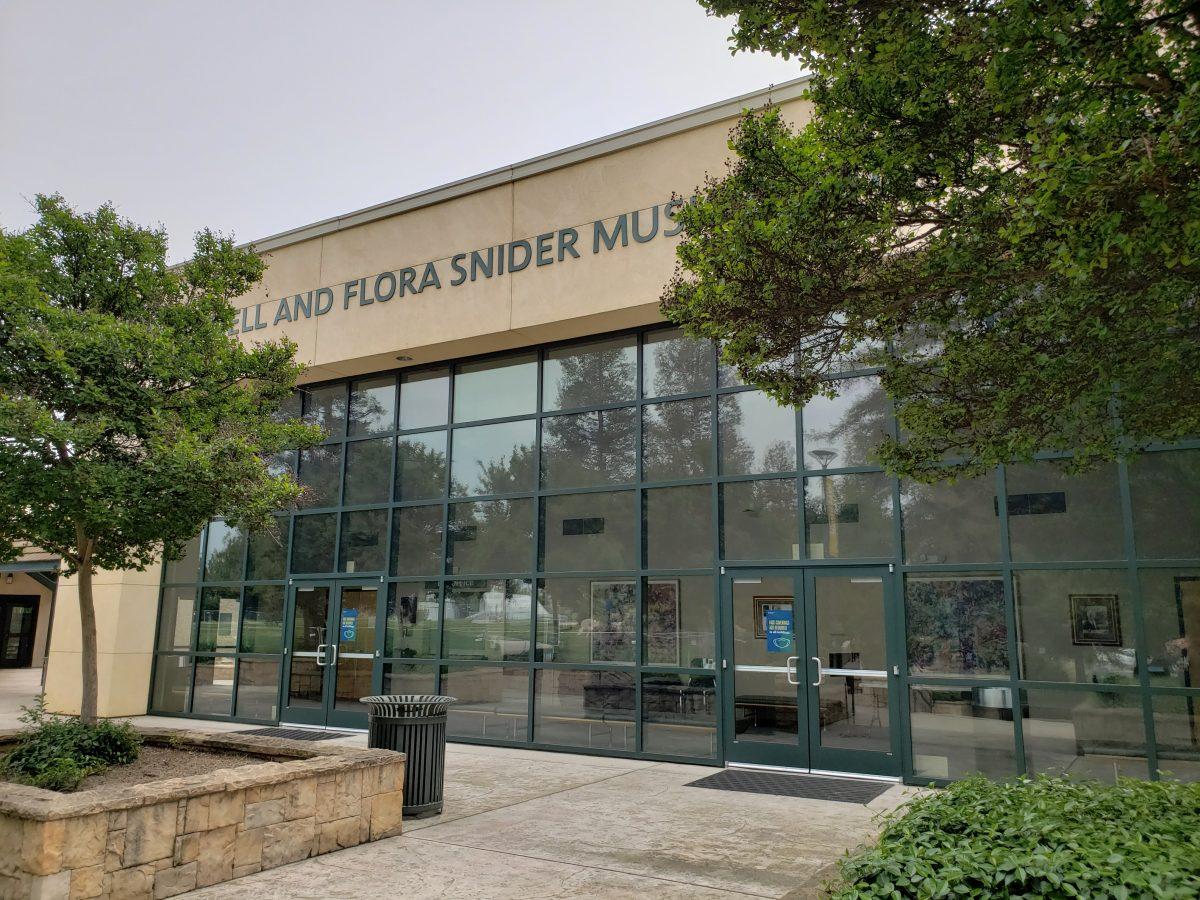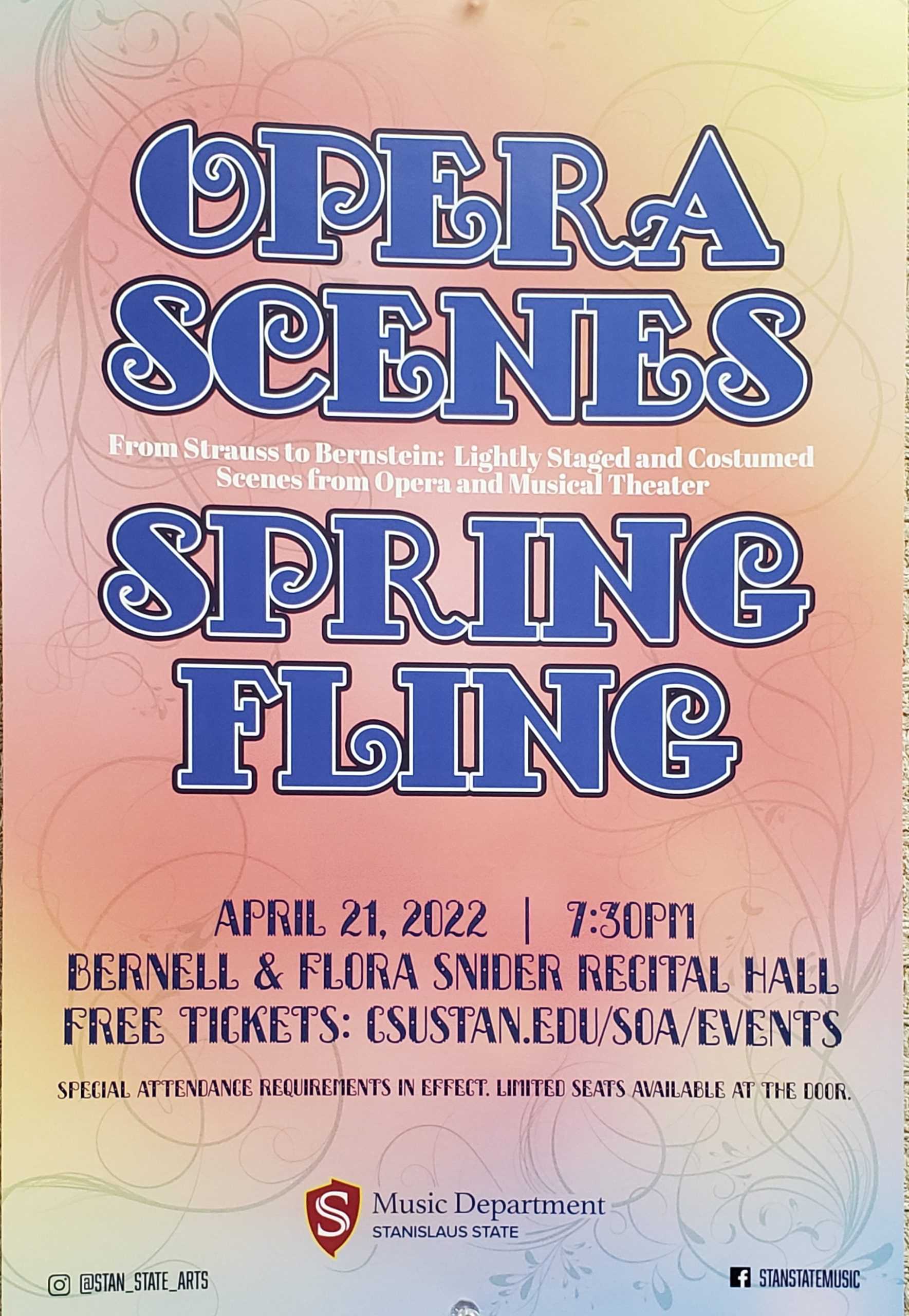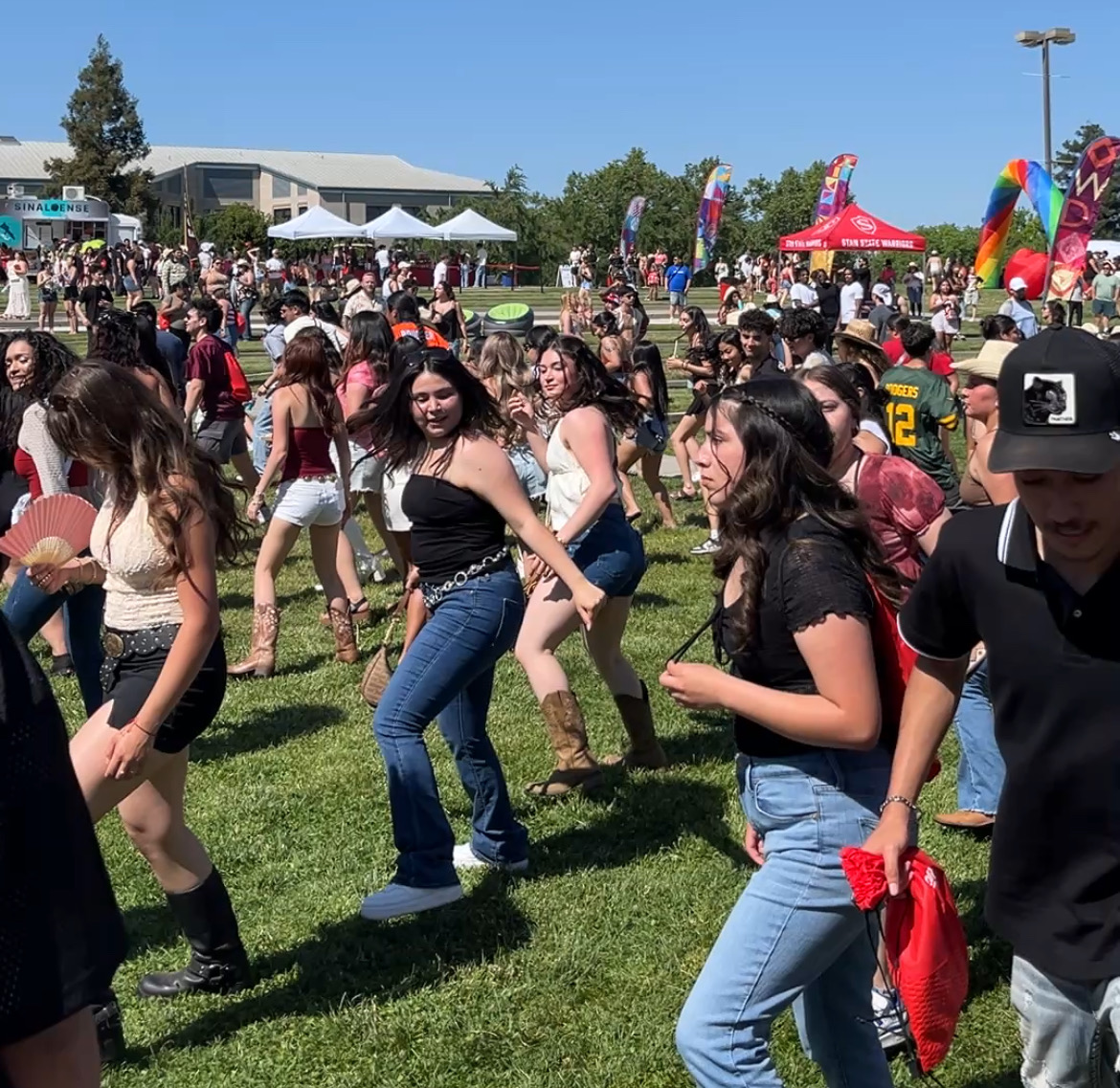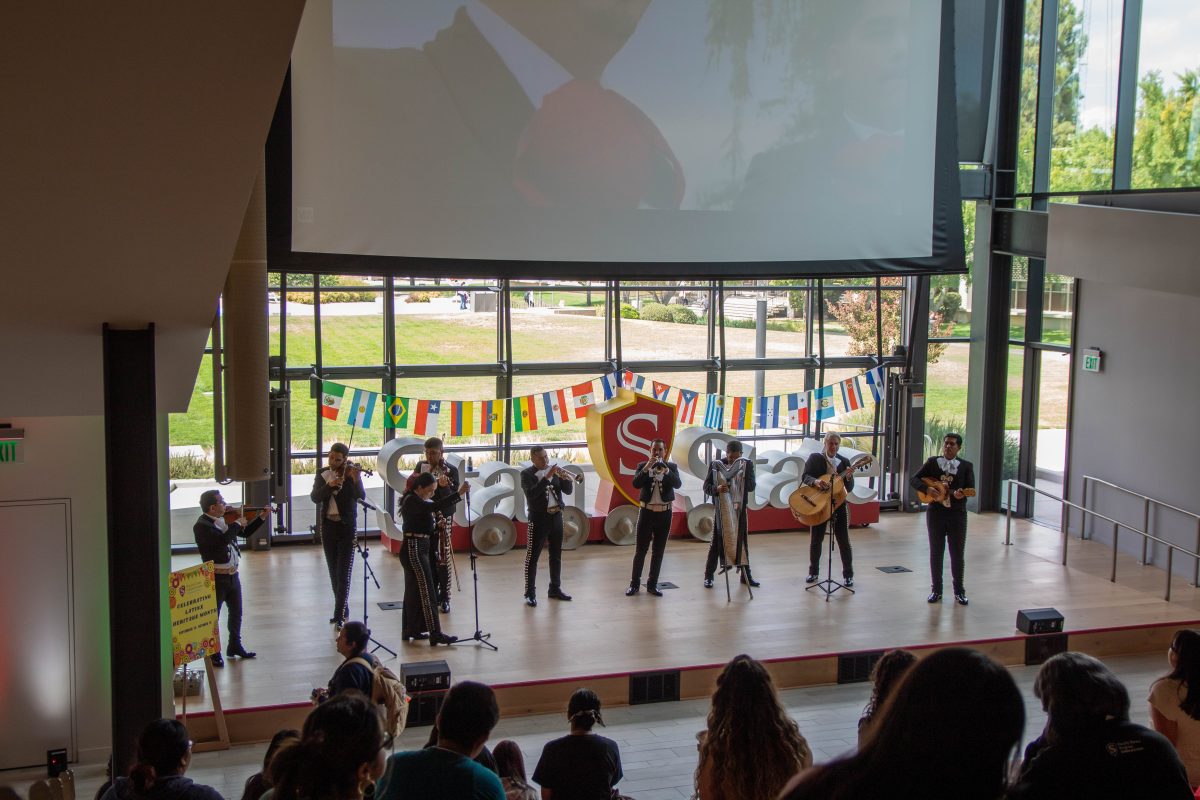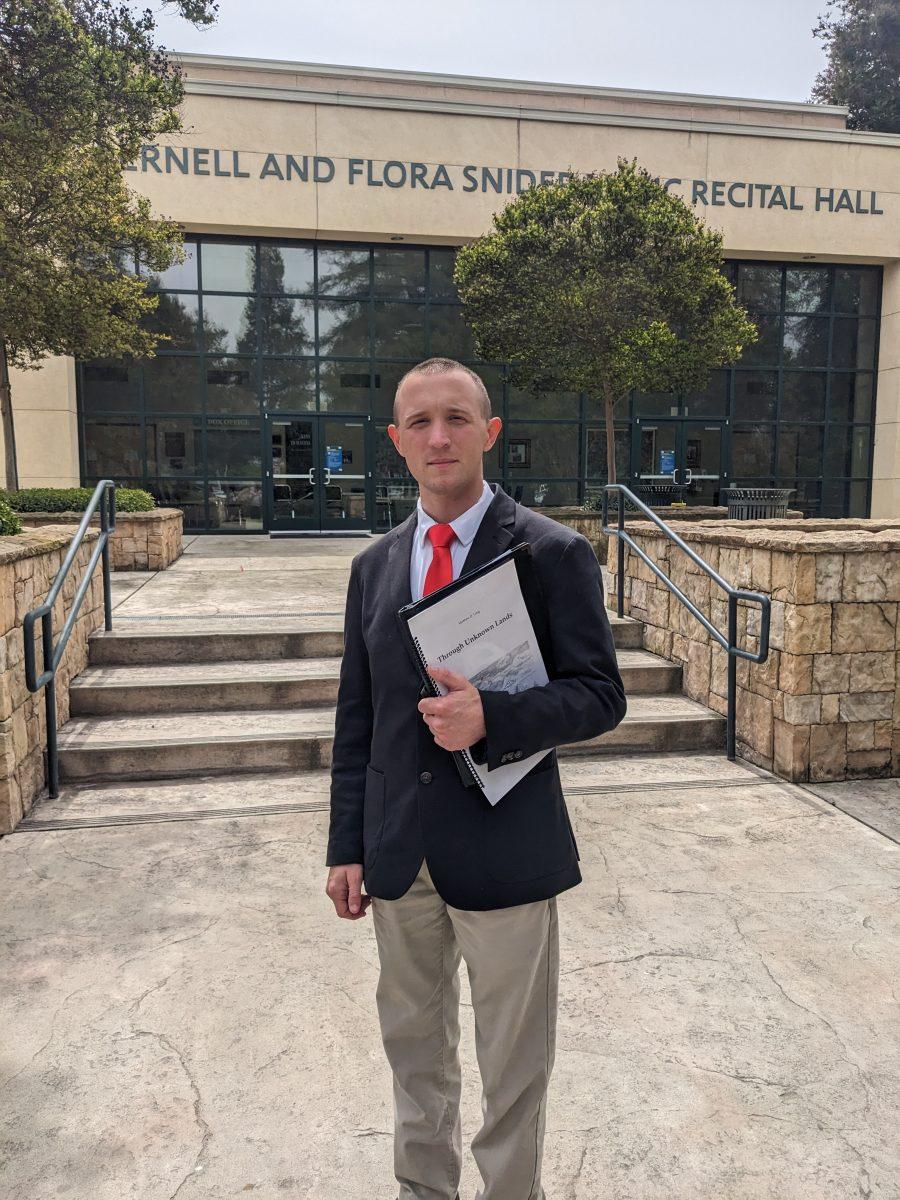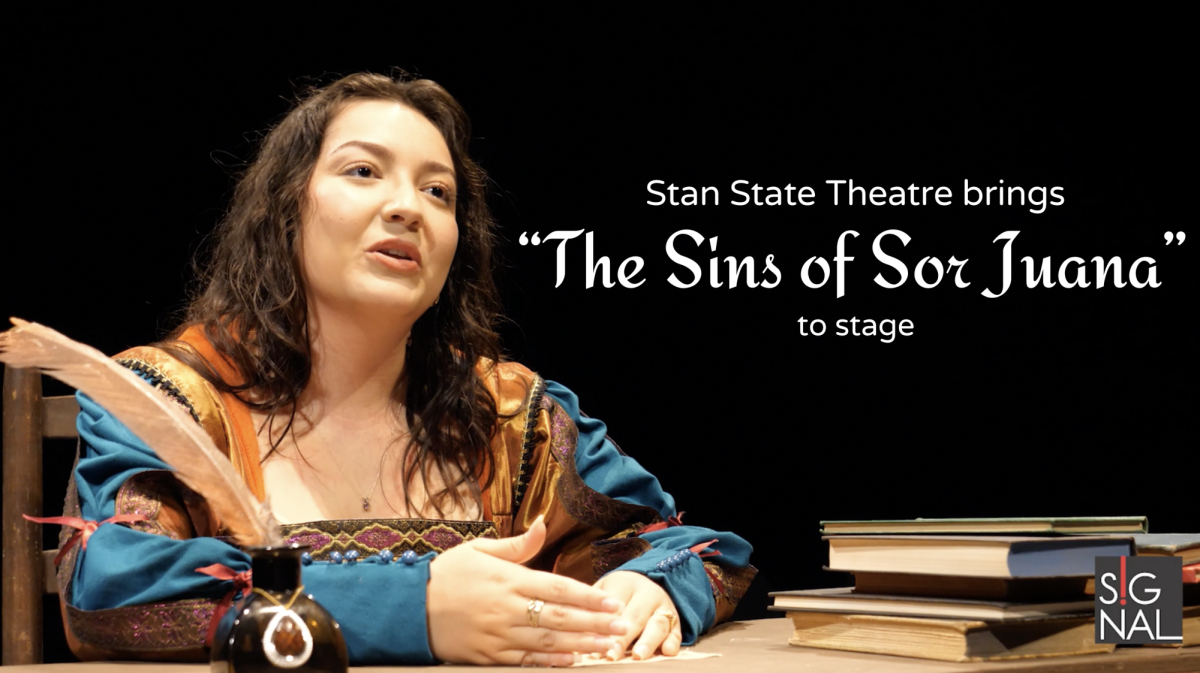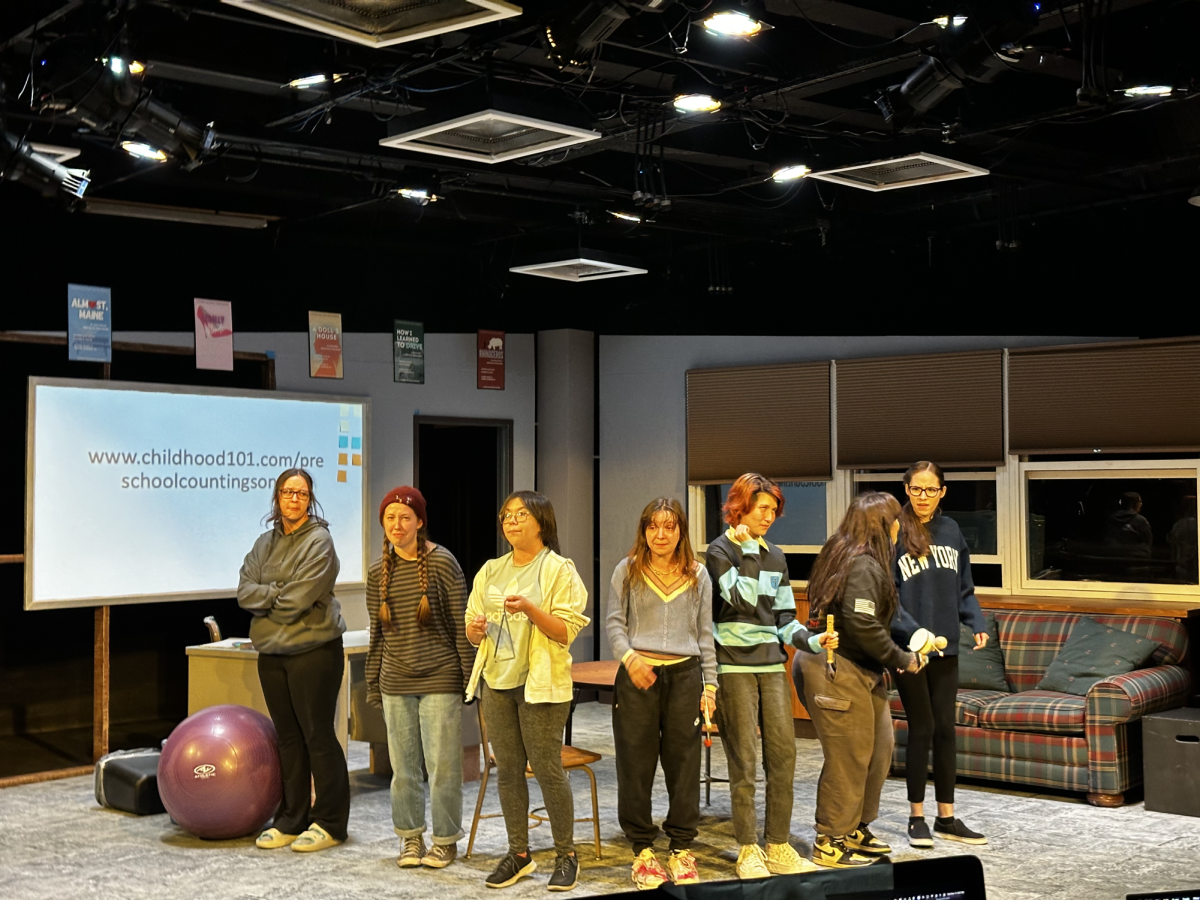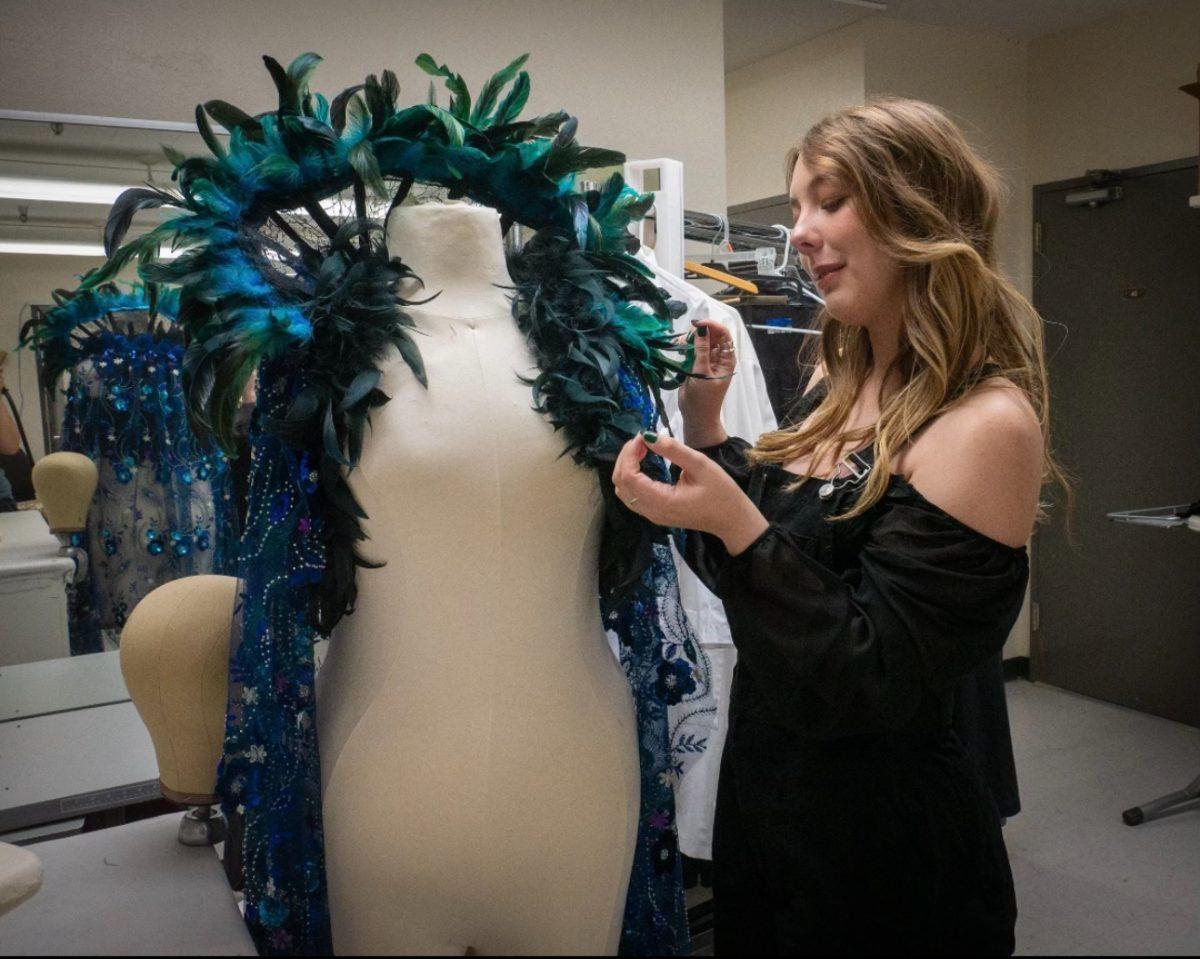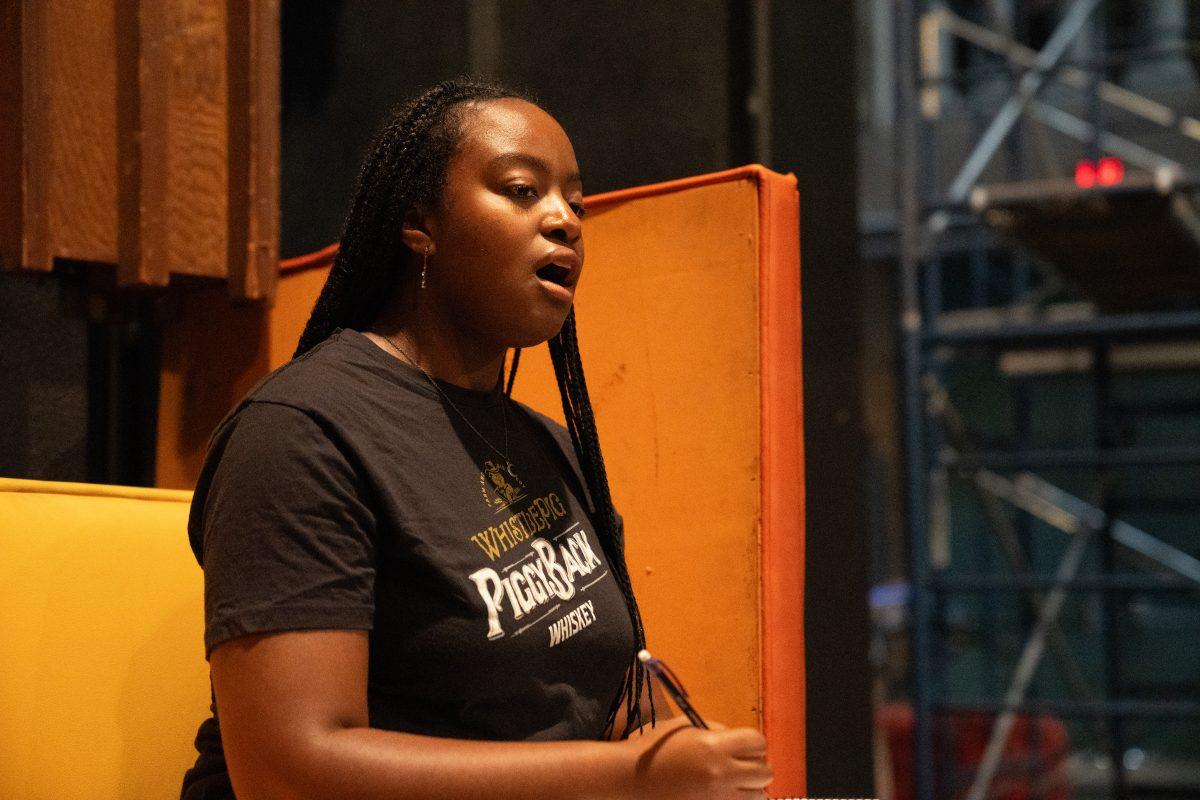Stanislaus State’s Music Department will fill the spring semester with its Opera Scenes this coming Thursday, April 21. The theme this year is Spring Fling and will feature songs with an upbeat, fun, “spring-like” tone.
“There’s a little bit of something for everyone,” explained Joseph Wiggett, professor of music.
Audience members will hear a variety of operetta scenes throughout the night, starting off with scenes from German and English operas, including a baritone duet titled “Elixir of Love.” The night will end with musical numbers including “American” from “West Side Story.”
Stephanie Ortiz (senior, Music – Vocal Performance) said that she has been performing in this event since she was a freshman.
“With the opera scenes, what’s cool about it is that we’re taking a mash-up of various opera productions,” Ortiz said.
She explained that some are famous and well-known productions and others are not as well-known, but the program brings them together so the public can experience a wide variety.
Due to the COVID-19 pandemic and campus protocols with mask-wearing and social distancing, there are some changes to the performance experience. In previous years, the Opera Scenes would be complete with traditional costuming and makeup from the opera’s respective time period and language, as well as being completely staged and sometimes with an orchestra performing with the singers.
Lucas Mitchell (junior, Music – Vocal Performance) expressed excitement that the event is continuing to build back up to where they were before as more of the costuming and staging are coming back in light of the COVID-19 restrictions.
Under those restrictions, Dr. Wiggett explained that there will be a mixture of traditional costuming along with regular, dress and tux concert attire. Also, to address social distancing, the stage will not be fully complete with props, but the use of projections to “set the stage” and provide textual context will be in effect.
Another highlight of the evening’s performance will be two songs dedicated to the people of Ukraine in light of current events.
“Art has always been a commentary,” said Wiggett, even if it is sometimes not as overt as other forms of protest.
Throughout history, art has served as a form of commentary on current events. Even some of the operas featured in the program have had a history with political commentary.
Mitchell explained that politics can be a huge part of art.
“It is an important aspect of the arts,” he said. “We are doing what’s always been done.”
Ortiz expressed that she is happy to have the inclusion of dedicated songs in the program.
“The world has gone through so much already,” she said, “These songs offer a glimpse of light.”
In an effort to bring people back to the theater, the event will be hosted in-person at Snider Music Hall and admission is free. Further information and a list of upcoming events can be found on the Department of Music’s website: www.csustan.edu/music/music-events.

